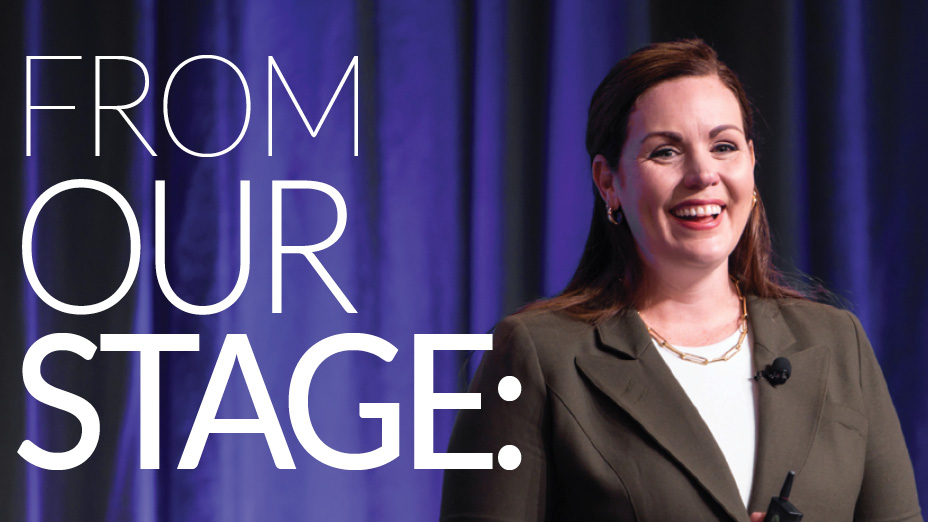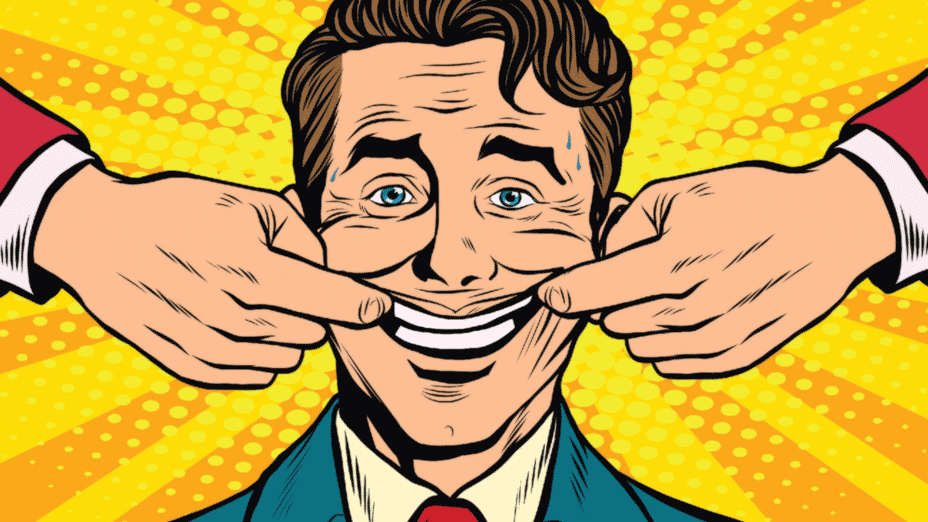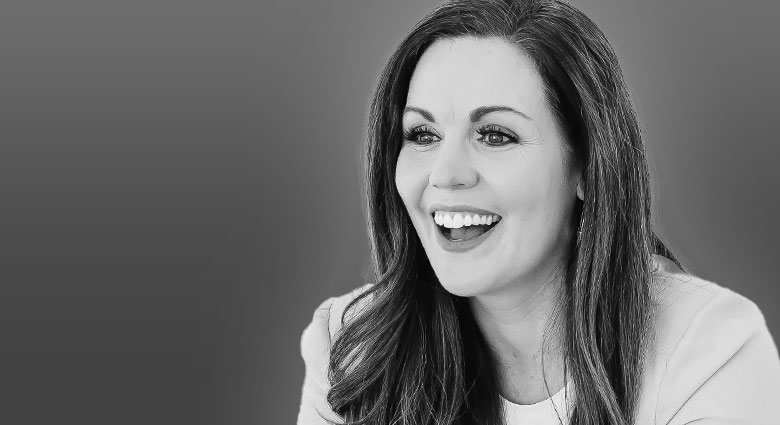We must tell ourselves that ‘we can do hard things,’ and we are not our decisions nor our conditions. In the end, we must also remember that ‘we can do great things’.
Dr. Robyne Hanley-Dafoe provided an insightful presentation on resiliency and wellness. She began her talk with the idea that just because we carry it well, doesn’t mean it isn’t heavy. It is not our individual job to make our difficult moments look easy. We must recognize that we are not all at the same place in readiness to face challenging situations. Everyone has a story, and while some of our colleagues may be at the ‘green light’ stage of being ready to tackle a problem, many of us are still in the ‘yellow light’ stage waiting for the right conditions. The rest are stuck at a ‘red light’ and not ready to proceed.
Know your value—and if you are somewhere that doesn’t, go somewhere that does. You have so much to offer.
Dr. Hanley-Dafoe explained that resiliency is often weaponized against us when we are told to ‘just be more resilient.’ Instead, we should shift our perspective to understand that we can still be well in an unwell time. It is ok to feel good; and when we do, we tend to make better choices. She explained why some people give up versus get up in difficult times. In order to foster resiliency, she taught us five key themes noting that even if we are not raised with these tenets, they can be both taught and cultivated:
- Belonging: we need someone in our corner who allows us to be us
- Perspective: our head and heart should be in alignment
- Acceptance: recognize what is in our control
- Hope: it is a strategy
- Humour: laughing blocks pain receptors giving us temporary relief
We were reminded that the barrier to resiliency is stress. When stress becomes detrimental, we cross the threshold into ‘distress.’ This leads us to the idea of being chronically tired versus exhausted. Exhaustion leads to burnout, and that burnout is often a curse of the strong. To deal with stress, Dr. Robyne employs us to:
- Get outside
- Cry
- Eat carbohydrates (which metabolize cortisol)
In addition, we should reflect on our ‘emotional home’, whether that be anger, worry or chaos. We must remember that we will never have enough of what we do not need, and we therefore try to re-create patterns to reinstate our emotional home and make better choices. To reinstate our emotional home to a place of psychological safety, we must:
- Have the freedom to be us
- Honour our lived experiences
- Be kept safe from harm, reprisal and rejection and know that we can have our needs met
- Realize that there are better days ahead
To develop our resiliency, we can take some concrete steps:
- Be accountable and follow through
- Be transparent and clarify what matters most
- Foster community (who are invisible and valuable contributors - build loyalty)
- Feedback – value of connect before you correct. Listen, offer advice or intervene, but check expectations rather than jumping into fixing a problem
- Courage to intervene (letting bad behaviour go unaddressed sucks good behaviour)
We were taught about ‘birthday cake breathing,’ or taking a breath in and blowing out our imagined birthday candles, which helps regulate our nervous system and quiet mental chatter. Dr. Robyne leaves us with some wise practices to engage in to help us feel better:
- Solitude
- Connection with others
- Nature
- Music
- Gratitude
Finally, we are reminded of the technique of ‘light housing,’ focusing on how to build clarity by focusing on what matters most.




.png)

.jpg)


What Did You Think?